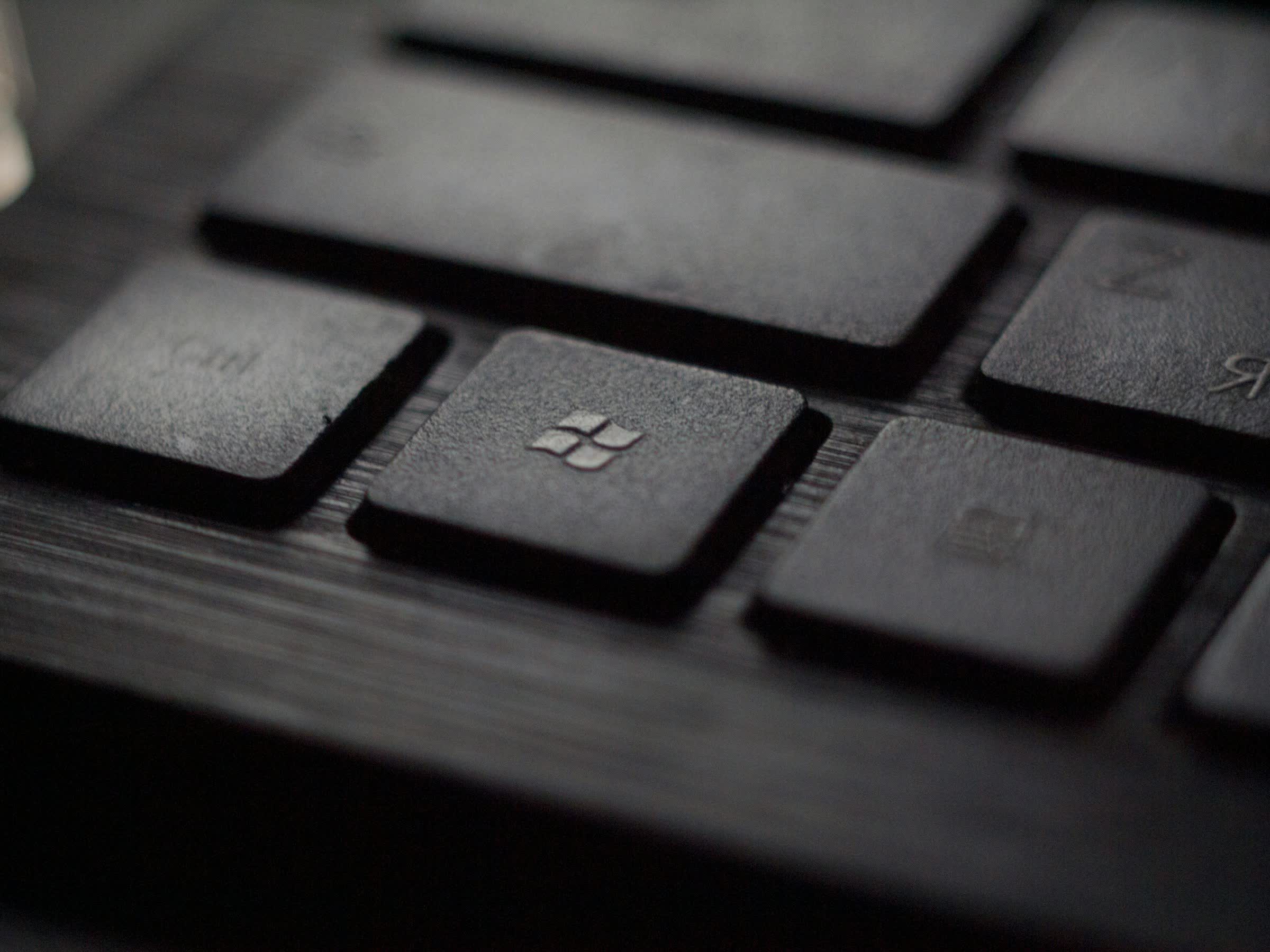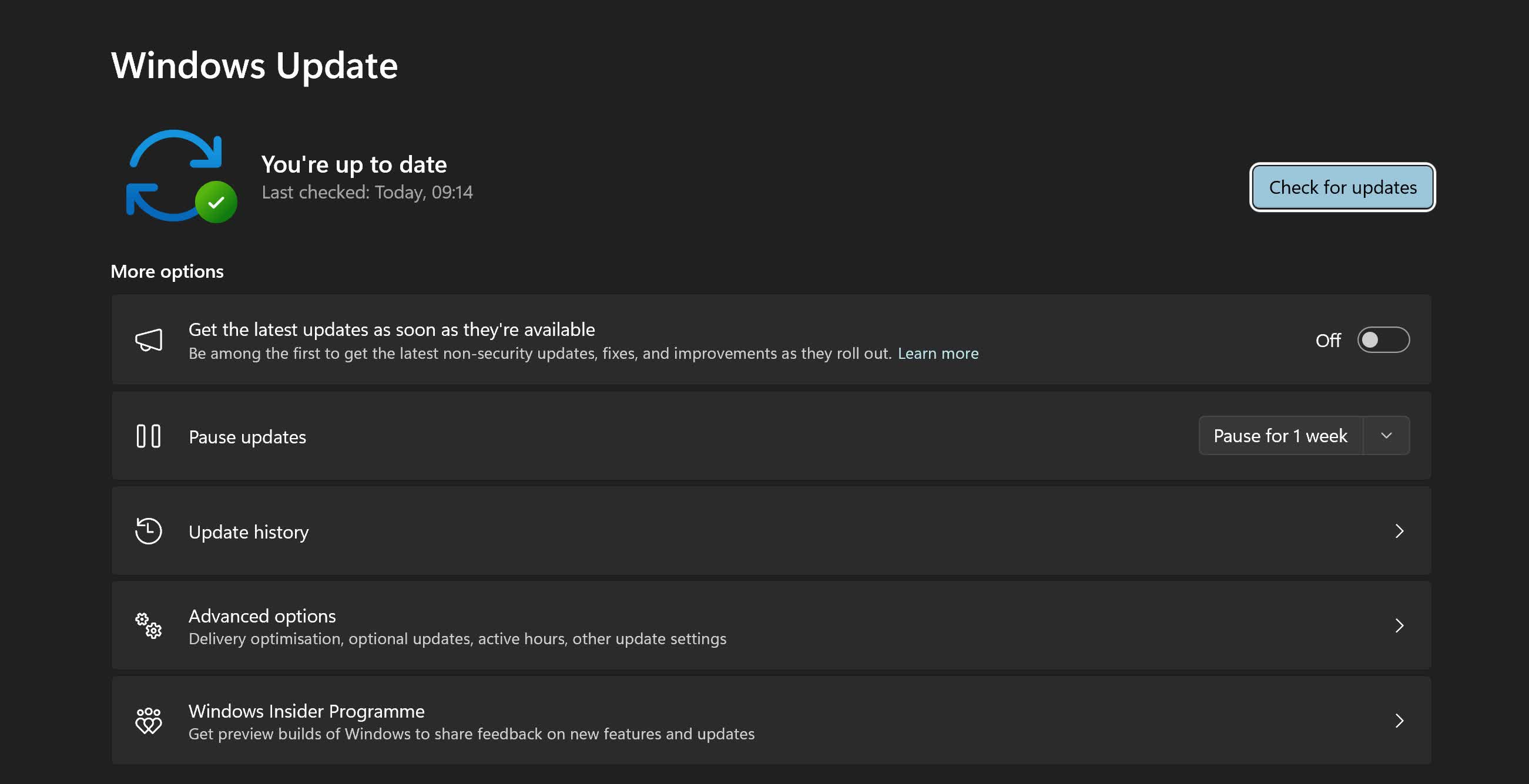In brief: Microsoft wants to unify the Windows Update process so it includes all third-party apps. The company said developers or anyone who builds apps can now sign up for a private preview of the Windows Update orchestration platform, which is capable of supporting any updates, including apps and drivers, alongside the usual Windows updates.
Angie Chen, a product manager at Microsoft, writes that the updates across the Windows ecosystem can feel like a fragmented experience, which has led to Microsoft developing the Windows Update orchestration platform.
The platform is mostly focused on business apps, though it will be open to any apps and management tools. The idea is to let software makers hand off their existing updaters and rely instead on a Windows-native service.
Developers who take part can use a set of WinRT APIs or PowerShell cmdlets to register their product as an "update provider." During registration they supply a tiny scan tool that the orchestrator runs on a schedule; when a newer version is detected, the orchestrator downloads and installs it at an eco-efficient moment, such as when the device is on AC power and Wi-Fi during Microsoft's sustainable update window.
The service supports modern MSIX/APPX packages as well as some traditional Win32 apps. Apps that integrate will appear in the Windows Update history page, can surface native toast notifications, and receive future improvements to the Windows Update platform.
Windows already offers at least three official ways to keep software current – the Microsoft Store, Windows Package Manager (WinGet) and Windows Update itself – yet many businesses still ship background services that update independently. That patchwork increases support costs and, according to Microsoft, "can lead to confusing or conflicting notifications" for end users, as well as CPU and bandwidth spikes.
By folding everything into the Windows Update stack, Microsoft hopes to make life easier for enterprises that run dozens or hundreds of line-of-business apps.
Windows 10's end-of-support date arrives on October 14, 2025, and with Windows 11 adoption rising among enterprises, a single update that covers the OS and all apps has obvious appeal. If the private preview goes well, expect a public beta later this year and, eventually, a future where clicking "Check for updates" could mean every update.
Windows Update could soon handle all apps and drivers, not just the OS

